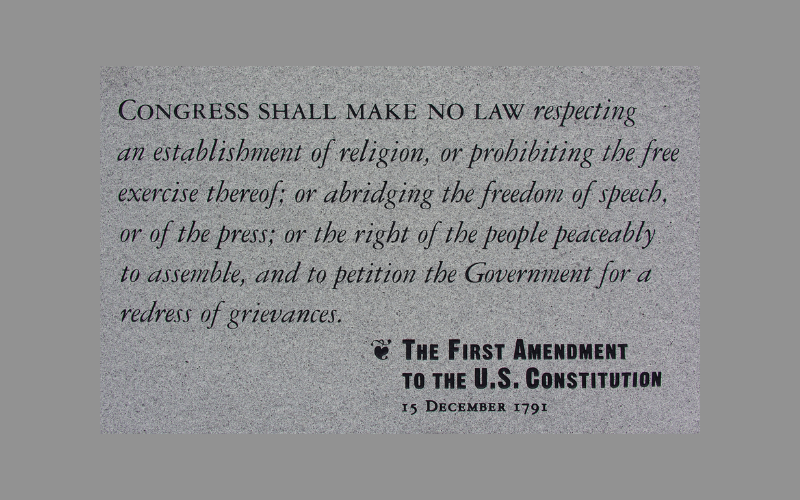Nathan Lewin
WSJ, July 7, 2022
“Orthodox Jews can now push to establish local laws like those nullified by the court’s 1971 decision, which would provide important funding to Jewish day schools and other religious educational options.”
In Kennedy v. Bremerton, a decision upholding a public-school football coach’s right to kneel in prayer after a game, the Supreme Court buried Lemon v. Kurtzman, a constitutional precedent conceived in 1971 by Chief Justice Warren Burger. For decades this opinion’s three-part test for determining whether a governmental action violates the Establishment Clause of the First Amendment dominated religious-liberty litigation. From the beginning, it divided the American Jewish community.
Some Jewish groups see Lemon’s overturning as a blow to the First Amendment. The Anti-Defamation League mourned its death as “a grim day in education.” The American Jewish Committee called its demise “a serious blow against the Constitution” because it “subordinates conscience protecting aspects of separation of church and state to individual religious expression.”
On the other hand, Orthodox Jewish groups such as Agudath Israel and the Orthodox Union believe that Lemon confounded American courts and led to countless bad judicial decisions. For them, Kennedy v. Bremertonis reason to celebrate.
How did Lemon come about? In 1968 and 1969 the legislatures of Pennsylvania and Rhode Island authorized government payments to supplement or reimburse the salaries of teachers of secular subjects such as science and math in nonpublic schools. The laws of both states were challenged in federal lawsuits as violating church-state separation because most of the funded private schools were Catholic.


